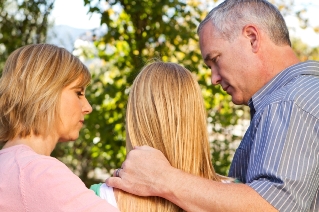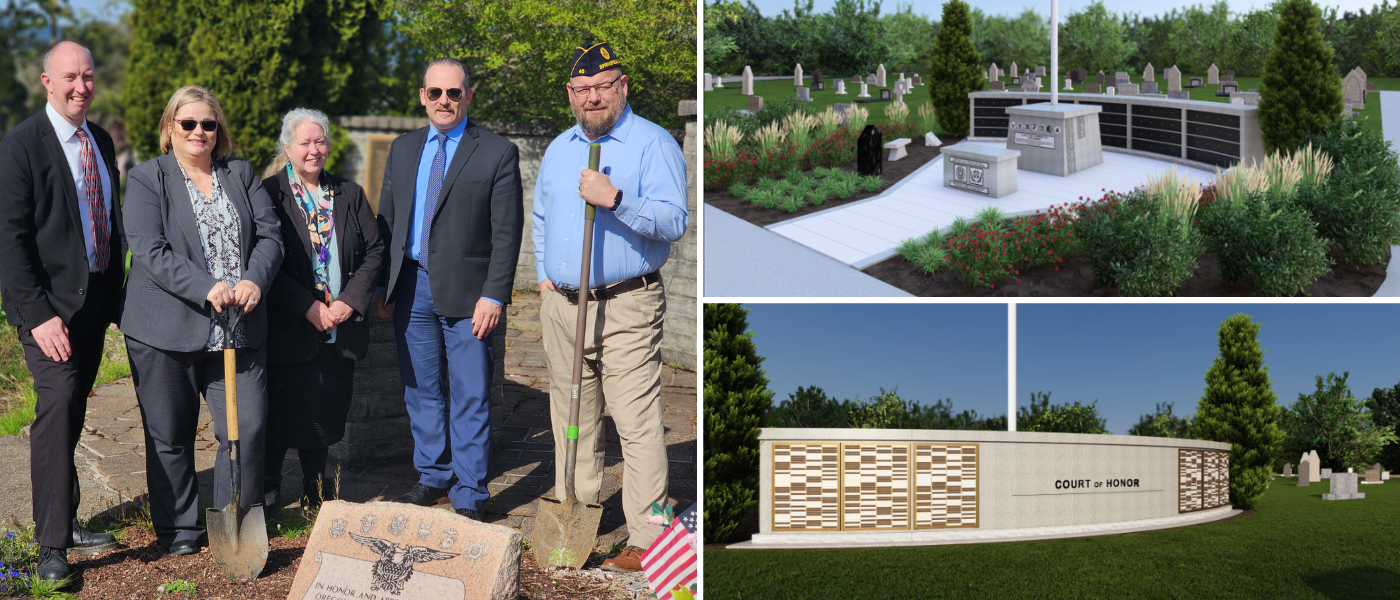How to Talk to Your Kids About Aurora's Movie Theater Shooting
Marianne Wamboldt, MD, a physician at Children’s Colorado, offered this advice: “Most parents have all the skills necessary to help their children deal with these events. Children are very aware of their parent’s worries, especially during crises. Parents should admit their concerns to their children, but stress that they are coping with the concerns. Having an action plan as to how they, as a family, are going to help prevent further traumas is helpful for all.”
Resources available
Children’s Colorado has set up a Family Support line at 720-777-2300 to help families who need advice or help finding resources about how to help their child deal with stress related to the incident. The line will be open from 8 a.m. to 6 p.m. and callers will be asked to provide their contact information. A behavioral health specialist will return their call within 24 hours.
Tips for parents
Our pediatric behavioral health experts at Children’s Colorado have outlined ways for parents to comfort and talk with their children about the tragedy.
Increase parental availability
Parents should be accessible to their kids physically and emotionally. Kids are likely to be scared and anxious in the aftermath of this crisis, and they may identify with the victims. Nurturing and supportive parents provide a safe space for children to vent their emotions.
Decrease media availability
Kids don’t understand the process behind a story they see on the news. Every time they see coverage of the crisis, they perceive it as happening again. Parents should be sensitive to this and limit the amount of crisis-related media their kids can access. Watching too much news coverage is stressful and traumatizing for adults as well, so parents limiting their watching news of the trauma can help them stay calmer for their child.
Display and promote stability
Kids will look to their parents for cues on how to react to a crisis. If parents are anxious, particularly about appearing in a public place, the children are likely to be nervous as well. Parents should project stability and calmness in relation to the event. Keeping your child’s routine as normal as possible gives children a sense of stability and helps them feel safe.
Be open to kids’ fears
After a crisis, kids are most likely to fear the possibility of fear returning. They are less afraid of the event happening again than they are of re-experiencing the anxiety of that day. Kids need to tell their story, so parents should give them plenty of time and space to do so. It is natural for younger children to play out their fears; it is okay to watch them play and/or interact with them in the play as a way of understanding their concerns.
Be prepared for questions
Many questions kids ask will be difficult, if not impossible to answer. Parents should explain that the shooting was a random event and discuss steps the community will take to ensure public safety. Remind kids that the public servants are there to protect them. Parents should consider their own skills and how they want to help with this community-wide problem, like getting involved politically to enforce gun control, promoting programs that prevent mental health problems, supporting families through their faith groups, etc. Voicing this problem solving to their children will give them a sense of control over their fears as well.
Get additional information on how to talk to your children after a disaster
- Helping Children After A Disaster, “Fact for Families,” American Academy of Children & Adolescent Psychiatry
- Resources for Parents and Caregivers, The National Child Traumatic Stress Network
- “Aurora child psychologists offer tips for parents on helping children cope with ‘Dark Knight’ trauma,” New York Daily News
- “Theater shooting: Mental health experts offer coping tools,” The Denver Post




